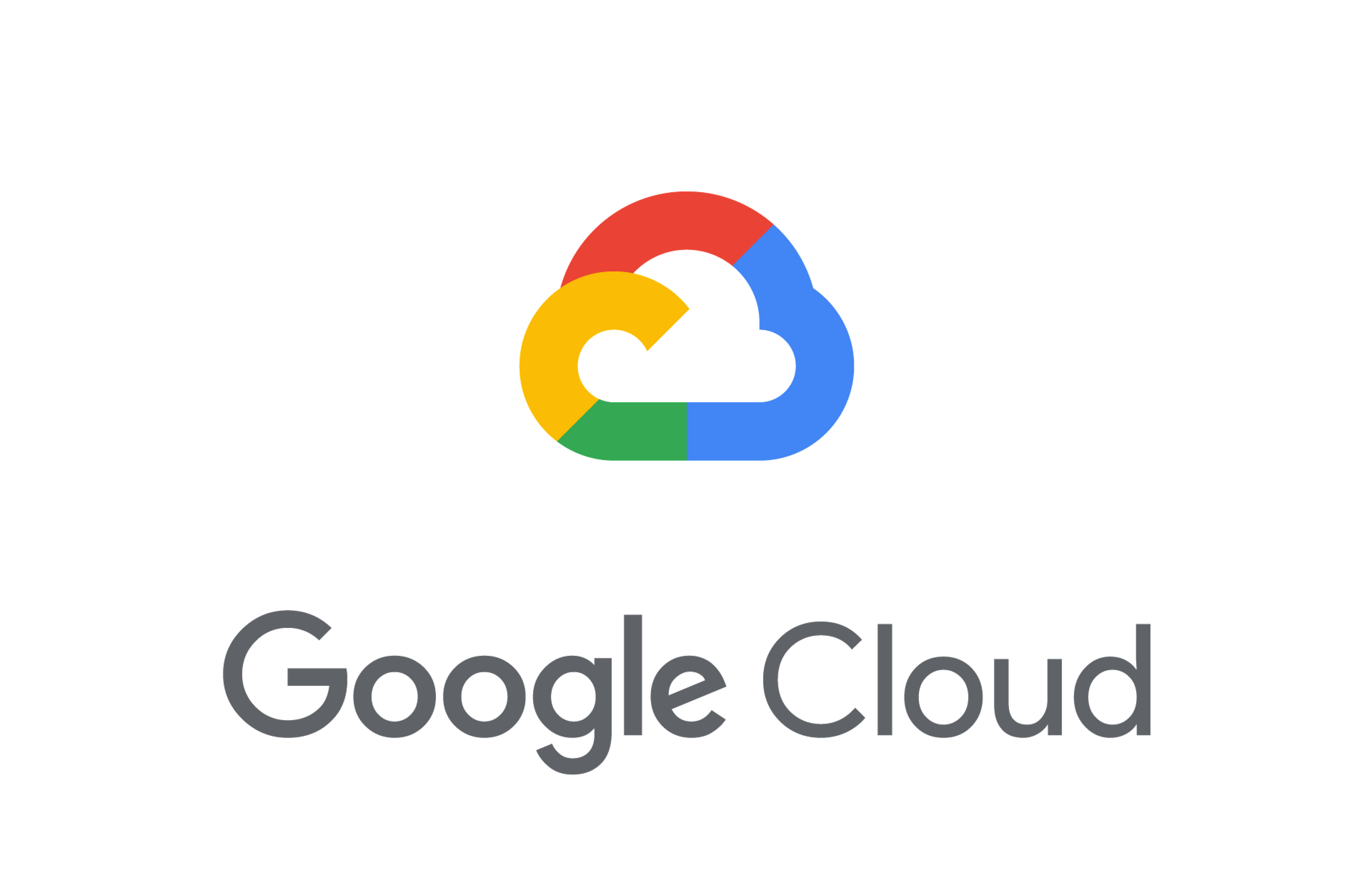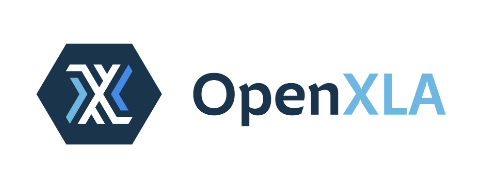 CLOUD
CLOUD
 CLOUD
CLOUD
 CLOUD
CLOUD
Google Cloud today introduced multiple innovations across its portfolio of cloud services, including a new virtual machine and block storage offerings, mainframe modernization service and application security tools.
They were announced alongside the opening of yet more cloud regions, a new open-source initiative aimed at machine learning, and more training courses for developers. Google debuted the innovations at its annual Google Cloud Next 2022 conference, where it emphasized that it’s consistently striving to meet the growing demands of customers for accessible high-performance computing.
Nirav Mehta, senior director of product management for Cloud Infrastructure Solutions, said customers can no longer rely on Moore’s Law and the availability of increasingly more powerful central processing units. Instead, customers face the choice of either optimizing their workloads for a specific compute platform, or using a platform that’s optimized for their specific needs.
Google, he said, is focused on enabling the latter choice. To do so, it has just announced one of its most powerful virtual machines so far. The new C3 machine series is powered by Intel Corp.’s 4th Gen Intel Xeon Scalable processor and Google’s custom Intel Infrastructure Processing Unit. It’s designed to work with Google’s new Hyperdisk block storage, providing what Mehta promised will be the best input/output operations per second of any cloud-based virtual CPU available.
The C3 machine series is available in preview now and is designed to provide more predictable and efficient compute for high-performance computing and data-intensive workloads. It features a programmable packet processing capability for low latency and accelerated networking, Mehta said. At the same time, its system-on-a-chip hardware architecture ensures better security and isolation, as well as support for more infrastructure options, such as native bare-metal instances.
When used with Hyperdisk, Google’s next-generation block storage, the C3 machine series VMs can decouple instance sizing from storage performance to deliver up to 80% higher IOPS per virtual CPU, Mehta said.
As well as targeting high-performance applications, Google is also interested in bringing more legacy workloads to its cloud. In particular, it’s targeting enterprises that still rely on on-premises mainframes to power financial transactions and similar workloads.
With the launch of Dual Run in preview today, Google Cloud is now able to offer a mainframe modernization service that it says will dramatically simplify the process of migrating legacy systems to the cloud, while eliminating virtually all of the risks.
Google explained that many companies are still using mainframes to support core business workloads, but they don’t want to. Mainframes entail substantial maintenance costs and have limited ability to scale up without heavy investments in more hardware. So customers are interested in moving to the cloud, if at all possible.
There’s a big opportunity for Google here, with more than 44 of the top 50 banks in the U.S. and 23 of America’s 25 largest retailers still using mainframes. That’s because migrating mainframe-based workloads to the cloud has always been incredibly complex and fraught with risk.
Dual Run changes that with new capabilities that eliminate those risks while simplifying the entire procedure, the company said. One of the main challenges with mainframe systems is the tight coupling of data to the application layer. Dual Run provides parallel processing capabilities, meaning customers can run workloads simultaneously on their existing mainframes and Google Cloud.
In this way, they can perform real-time testing and gather information on performance and stability ahead of their migration. Once they’re satisfied with Google’s performance, they can easily switch to the cloud for good. The existing mainframes can then be used as backup, if necessary.
Another concern Google is looking to address pertains to software supply chain security and it now has a compelling offering with the newly announced Software Delivery Shield. This, Google said, is a fully managed software supply chain security offering that equips developers, DevOps and security teams with modular capabilities that can help them to build more secure applications.
Software Delivery Shield encompasses multiple products that span a range of Google Cloud services, starting with developer tooling and expanding to runtime environments such as Google Kubernetes Engine, Cloud Code, Cloud Build, Artifact Registry and more. To protect software at the very beginning of the development lifecycle, Software Delivery Shield offers a new service called Cloud Workstations, which are fully managed development environments hosted on Google Cloud.

“With Cloud Workstations, developers can access secure, fast, and customizable development environments via a browser anytime and anywhere, with consistent configurations and customizable tooling,” said Michael McGrath, vice president of engineering for Google Cloud’s Application Ecosystem. “At the same time, IT and security administrators can easily provision, scale, manage, and secure the development environments on Google Cloud’s infrastructure.”
Software Delivery Shield also protects the build artifacts and application dependencies that developers rely on to compile their applications. It does this through the Assured Open Source Software service, which is now available in preview and provides access to open-source software packages that have been carefully curated and vetted by Google.
In addition to application development and software supply, Software Delivery Shield delivers protection for continuous integration, continuous delivery, production environments and policies, Google said. It also allows for an incremental adoption path, meaning companies can choose only the tools they need to begin with, based on their security priorities and existing application environment.
Among Google’s other announcements today it said it’s bringing six additional Google Cloud regions online, with new facilities in Austria, Czech Republic, Greece, Norway, South Africa and Sweden. The news builds on a recent announcement that Google will add more cloud regions in Malaysia, Mexico, New Zealand and Thailand next year, and follows the opening of new data centers in Italy, France, Spain and the U.S. earlier in 2022.
Open-source advocates, meanwhile, will be interested in the new OpenXLA ecosystem, which is focused on machine learning-based compiler and infrastructure projects. OpenXLA is backed by Google, Amazon Web Services Inc., Advanced Micro Devices Inc., Arm Ltd., Intel Corp., Meta Platforms Inc., Nvidia Corp. and others, and is working to ensure that popular ML frameworks such as TensorFlow, PyTorch and JAX will run smoothly on any kind of hardware, including CPUs, graphics processing units, tensor processing units and more.

Finally, Google said, it’s hoping to encourage more developers to learn about its cloud through an enhanced Skills boost annual subscription that provides expanded benefits for developers, along with access to competitions such as GoogleClout challenges and the Google Cloud Fly Cup Challenge.
The Google Cloud Skills Boost Innovators Plus subscription will cost $299 per year and is designed for developers who want to accelerate their professional skills, Google said. Benefits include more extensive training and certifications, with live learning events, $500 worth of Google Cloud credits and certification exam vouchers.
THANK YOU